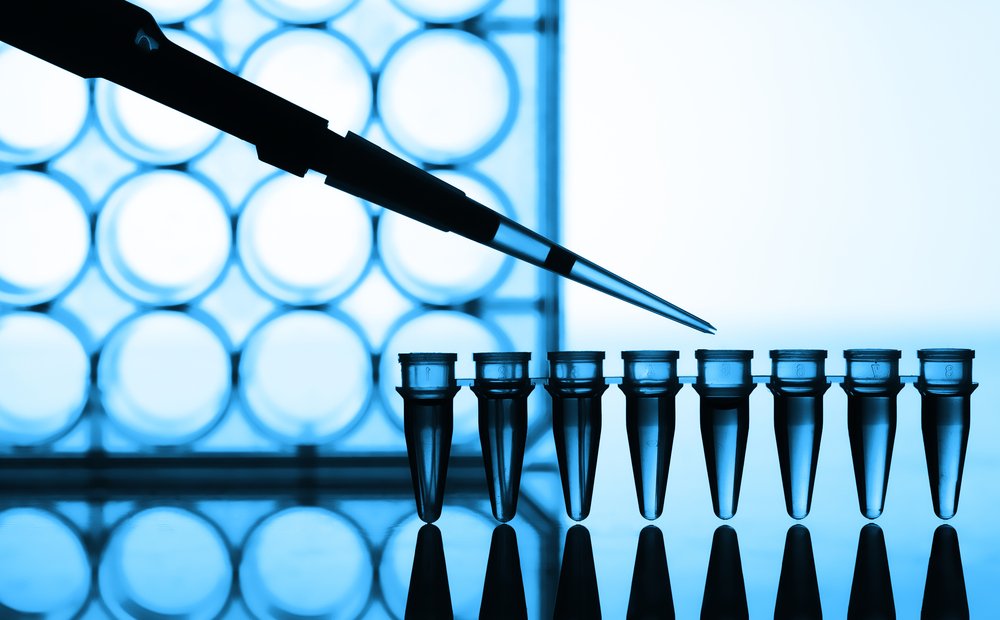Rigel Starting Phase 1 Study of Potential Treatment for Lupus, Other Inflammatory Diseases
Written by |

Rigel Pharmaceuticals is starting a Phase 1 study in healthy people to assess R835, a potential treatment for lupus and other autoimmune diseases.
The study will evaluate the safety, tolerability, pharmacokinetics (how a drug move inside the body) and pharmacodynamics (how the body affects a drug) of R835 in both single-ascending and multiple-ascending doses.
R835, a molecule, is a selective inhibitor of the interleukin receptor associated kinase 1 (IRAK1) and 4 (IRAK4), two proteins that play a key role in the innate immune response.
These proteins participate in the production of cytokines — small inflammatory molecules of importance in immune responses to threats. Cytokines are produced in response to two major signaling pathways of the innate immune system, toll-like receptor (TLR) and the interleukin-1 family receptor (IL-1R) signaling.
Abnormal activation of these pathways can lead to multiple inflammatory conditions, including psoriasis and rheumatoid arthritis.
Preclinical studies of R835 have shown promising results in inhibiting, or blocking, both IRAK1 and IRAK4. This dual inhibition allows for a more comprehensive suppression of pro-inflammatory cytokine release, dampening inflammatory reactions to a higher extent.
Because they regulate inflammatory reactions, R835 could represent a new option in treating inflammatory conditions like lupus, psoriasis, arthritis, multiple sclerosis, and gout.
“Our approach to drug discovery and development at Rigel is to identify molecules that modulate significant immune system processes, potentially allowing for wide-ranging application across different immune conditions or diseases impacted by the immune system,” Raul Rodriguez, company president and chief executive officer, said in a press release. “We are excited to explore the broad potential of R835 in autoimmune and inflammatory diseases, such as psoriasis, lupus and others.”
The randomized, placebo-controlled, double-blind study aims to recruit up to 91 healthy subjects, ages 18 to 55.
Phase 1 clinical trials are the first step in human studies. Their purpose is to help determine the safety of a new treatment candidate, as well as to evaluate its side effects. These studies also test how the medication is absorbed, distributed and eliminated from the body.
Phase 1 trials often recruit healthy individuals — or people who don’t have the disease. The number of people involved is also often relatively small.




